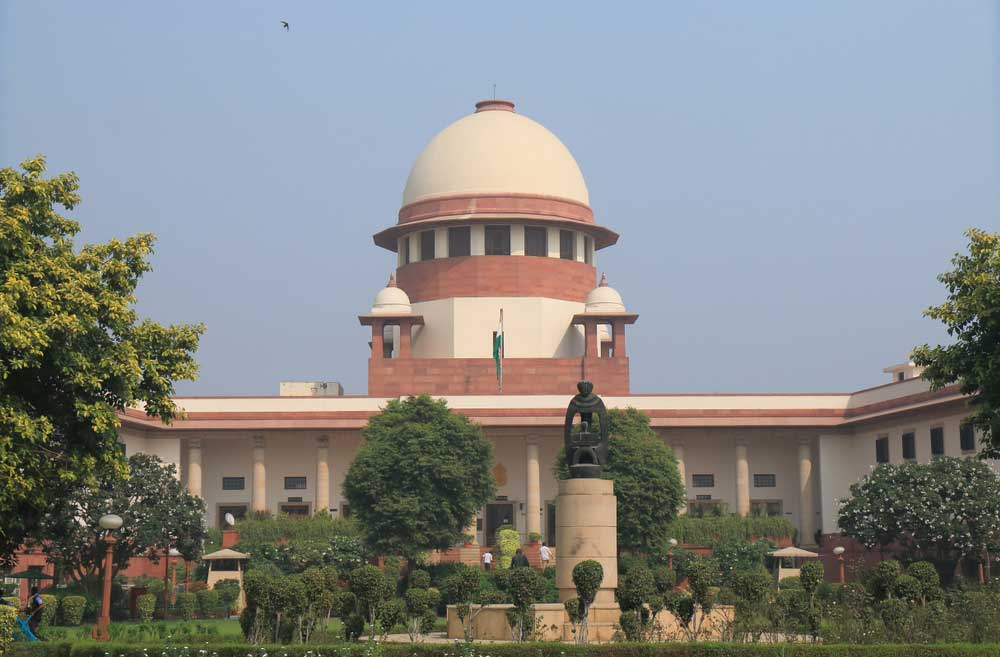The Supreme Court has referred to a larger bench the question whether more people can be summoned to stand trial after the accused have been convicted.
A larger bench has at least three judges.
A Supreme Court bench of Justices N.V. Ramana and M. Shantanagoudar was hearing an appeal by four persons who had been summoned to face trial by a Punjab court after it had already convicted nine people in the case.
The sessions court in Punjab had on October 31, 2017, convicted the nine people for offences under the Narcotic and Psychotropic Substances Act, Arms Act and the Information Technology Act.
On the same day, the court, acting on an application moved by the prosecution, summoned Sukhpal Singh Khaira, Joga Singh and two others to stand trial in the same case. None of them had been named as accused before.
The four moved Punjab and Haryana High Court on the ground that the power to summon additional accused to face trial under CrPC Section 319 was applicable to the pre-trial stage and not after the pronouncement of the judgment.
The high court dismissed the appeal on November 17, 2017, following which they moved the Supreme Court.
Section 319(1) of the CrPC says: “Where in the course of any inquiry into, or trial of an offence, it appears from the evidence that any person not being the accused has committed any offence for which such person could be tried together with the accused, the court may proceed against such person for the offence which he appears to have committed.”
While the Punjab government defended the summons to the four additional accused on the ground that the trial court can call suspects at any point of time, even after a judgment is passed, the four appellants took the view that calling additional accused at such a belated stage vitiates the principle of fair trial.
The Supreme Court said CrPC Section 319 reflected two important objectives: the courts’ duty to establish the guilt of all the accused and render complete justice, and the duty of the State to bring every criminal prosecution to its logical end.
The apex court said CrPC Section 319 was an enabling provision, especially in the circumstances where the investigating agency had failed to array any person as an accused.
However, the court said the following questions of law needed further consideration:
- Whether the trial court has the power under CrPC Section 319 to summon additional accused when the trial with respect to those originally named has ended and the judgment of conviction rendered
- Whether the trial court has the power to summon additional accused when the trial with respect to certain other absconding accused is pending
- What are the guidelines that the competent court must follow while exercising power under CrPC Section 319.
“In light of the same, we direct the registry to place these matters before the Hon’ble Chief Justice of India for the constitution of a bench of appropriate strength for considering the aforesaid questions,” the Supreme Court said.










